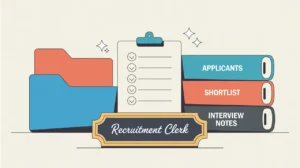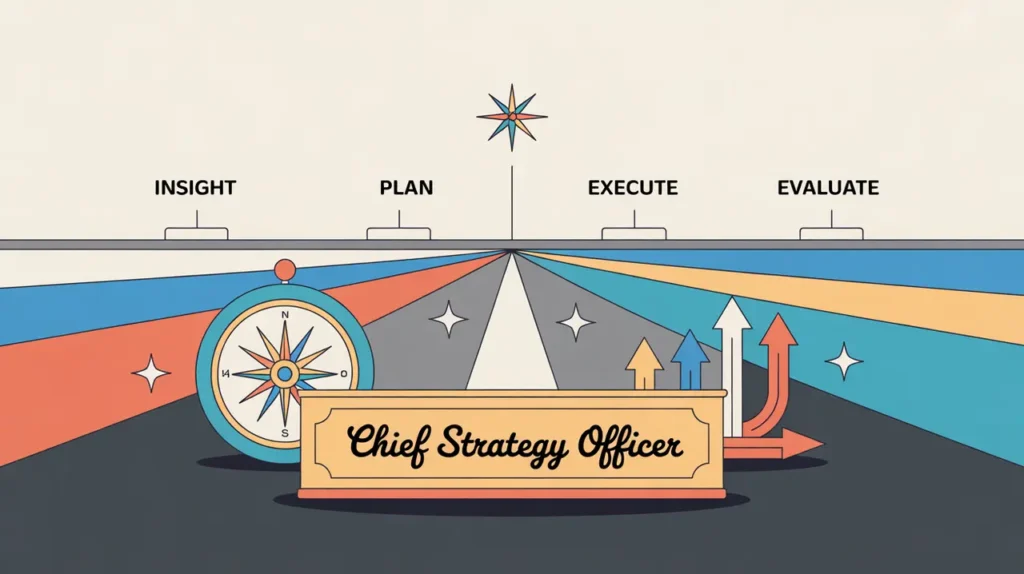What Does the Governance Manager Role Involve?
A governance manager is responsible for overseeing the structures, processes, and practices that enable effective governance within an organization. This includes managing board and committee operations, ensuring compliance with legal and regulatory requirements, supporting governance policy development, and advising leadership and board members on governance best practices. The role typically sits within the executive office, legal, or operations function and acts as a key bridge between the board of directors and senior management. In both nonprofits and social enterprises, governance managers play a central role in strengthening accountability, transparency, and strategic decision making.
At What Level does this Role Operate?
Mid Level: This role typically reports to the executive director, general counsel, or a director of governance and may supervise governance assistants or coordinators. It involves both operational oversight of governance processes and strategic advisory responsibilities to leadership and the board.
Relative Employability: Governance manager roles are steadily in demand, especially in organizations with growing boards, complex regulatory environments, or multiple governance layers. Nonprofits, social enterprises, foundations, and associations often require experienced governance professionals to maintain compliance and support board effectiveness.
Relative Pay Scale: Within nonprofits and social enterprises, governance manager roles sit within mid-level pay bands, reflecting their mix of technical governance expertise, advisory responsibilities, and operational leadership.
What are the Key Responsibilities and Activities?
- Oversee logistics and documentation for board and committee meetings, ensuring efficient and compliant operations
- Manage governance calendars, board materials, agendas, and minute-taking processes
- Advise leadership and board members on governance policies, procedures, and best practices
- Ensure compliance with legal, regulatory, and reporting obligations, including filings and disclosures
- Support the development and updating of bylaws, governance manuals, and policy documents
- Coordinate board and committee evaluations, governance reviews, and policy audits
- Supervise governance support staff, providing guidance and ensuring high-quality work
- Serve as a liaison between the board and executive leadership to ensure clear communication and follow-up on decisions
- Support the recruitment, onboarding, and development of board and committee members
What Core Competencies and Qualifications are Needed?
Required Qualifications and Experience
The following reflect common qualifications and experience expected for this role, while recognizing that pathways may vary by context, organization, and region.
- Academic background in law, public policy, business administration, political science, or related fields, or equivalent professional experience
- Several years of experience in governance, legal, executive support, or compliance roles
- Strong knowledge of governance principles, regulatory requirements, and board operations
- Excellent communication and facilitation skills, with the ability to engage senior stakeholders effectively
- Proven ability to manage complex administrative processes and supervise staff
- Familiarity with nonprofit or social enterprise governance frameworks
Key Competencies
- Governance operations and policy oversight
- Legal and regulatory compliance management
- Board and leadership advisory skills
- Communication and stakeholder coordination
- Strategic governance planning and evaluation
- Team supervision and process improvement
How are AI and Automation Shaping this Role?
An AI-native governance manager will look to AI and automation to improve governance workflows, compliance tracking, and documentation accuracy. They can use AI tools to generate draft agendas and minutes, monitor regulatory deadlines, and surface policy updates relevant to governance structures. Automation can streamline board communications, synchronize records across systems, and support real-time compliance reporting. By leveraging these technologies effectively, governance managers can focus more on advising leadership, strengthening governance strategy, and ensuring robust organizational accountability.
What Career Pathways and Transferable Skills are Associated with this Role?
Governance manager roles can lead to positions such as director of governance, general counsel, board secretary, or chief of staff. The skills developed in regulatory compliance, governance advisory, board management, and stakeholder coordination are highly transferable across nonprofits, social enterprises, corporate governance structures, and public institutions. This role provides a strong foundation for advancing into senior governance and leadership positions that shape organizational direction and accountability frameworks.







